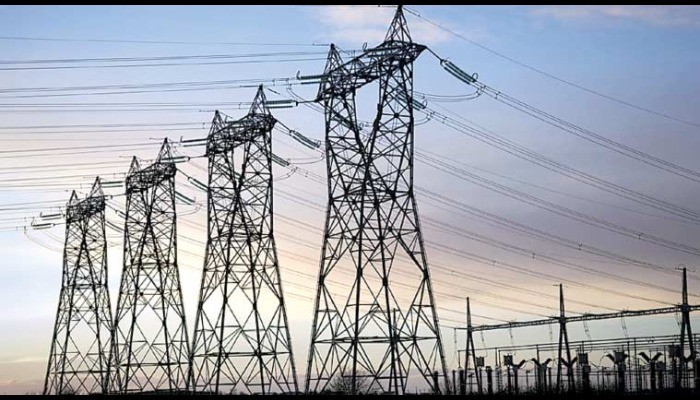The National Bureau of Statistics (NBS) says Nigerian households experience electricity blackouts about an average of 6.4 times weekly.
The NBS presented its findings on power disruptions in its latest General Household Survey Panel (Wave 5) report conducted in collaboration with the World Bank.
The report, which surveyed 4,715 households across Nigeria, highlighted significant challenges in energy access, particularly in rural areas where electricity infrastructure remains sparse.
According to the report, power outages are a nationwide issue, with minimal variations between urban and rural households.
“Each outage lasts 12.0 hours on average, leading to a total 67.2 hours of blackouts over seven days,” the report reads.
“There are no significant differences between urban and rural households. Urban areas face an average of 6.4 blackouts per week, each lasting about 12.0 hours.
“Similarly, rural households experience frequent blackouts, averaging 6.9 occurrences per week, with each lasting approximately 12.1 hours.
“However, southern zones report longer duration of typical blackouts (more than 12 hours) while northern zones report shorter blackouts (less than 11 hours).”
‘ONLY 53.6% NIGERIAN HOUSEHOLDS HAVE ELECTRICITY ACCESS’
The report further highlighted significant disparities in electricity access and supply reliability.
It said about 53.6 percent of Nigerian households report having access to electricity, with urban households enjoying significantly higher access at 82.2 percent compared to 40.4 percent in rural areas.
“Approximately one in two Nigerian households reports having access to electricity. The national average is 53.6 per cent, with a remarkable contrast between urban (82.2 per cent) and rural households (40.4 per cent),” the report added.
“At the zonal level, the South East zone has the highest electrification rate at 74.6 per cent, while the North East lags behind at 29.5 per cent.
“The Power Holding Company of Nigeria/Nigerian Electric Power Authority (PHCN/NEPA) is the dominant source of electricity nationwide, with an average coverage of 88.2 per cent of the households with access to electricity.”
The bureau added that alternative sources such as generators (2.8 percent), solar home systems (2.8 percent), and local mini-grids (2.6 percent), which collectively account for a marginal share of the energy supply landscape, “underscoring the reliance on the national grid for electricity supply.”
Power supply in Nigeria has witnessed copious setbacks this year as the national grid continues to suffer collapses.
On November 5, the national grid collapsed for the ninth time in 2024, leading to a nationwide blackout.
The Transmission Company of Nigeria (TCN) had said the instability in the national grid would likely persist as the system undergoes repairs after another round of shutdown.



